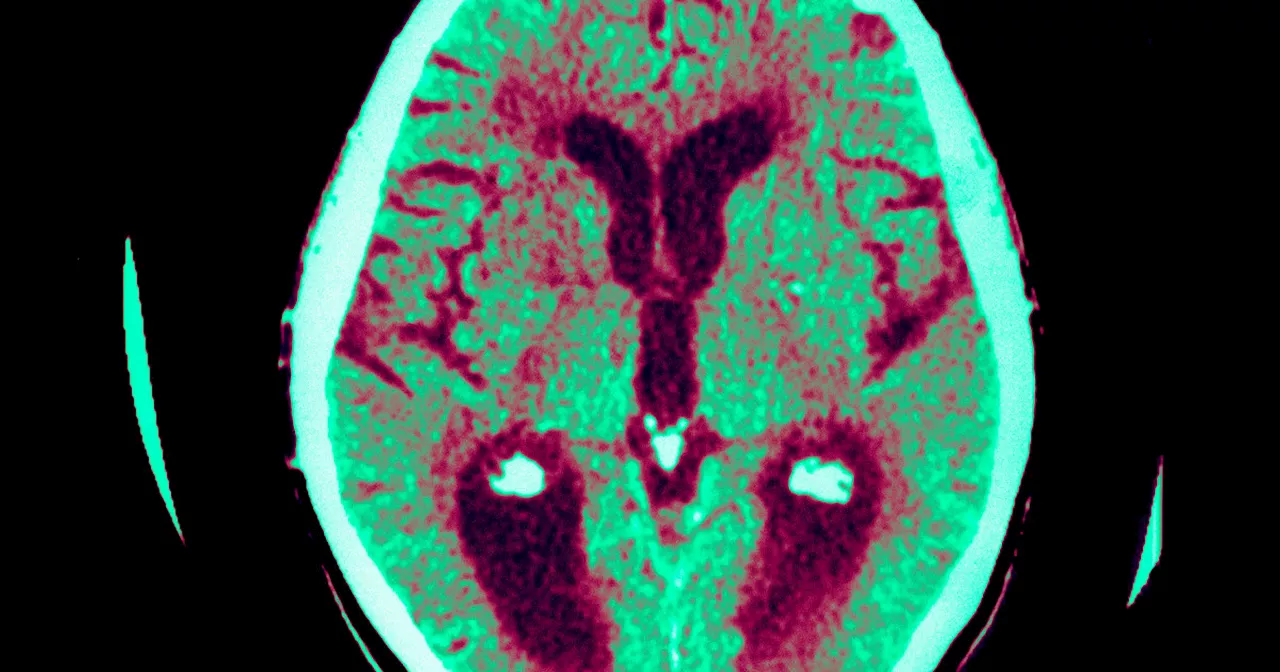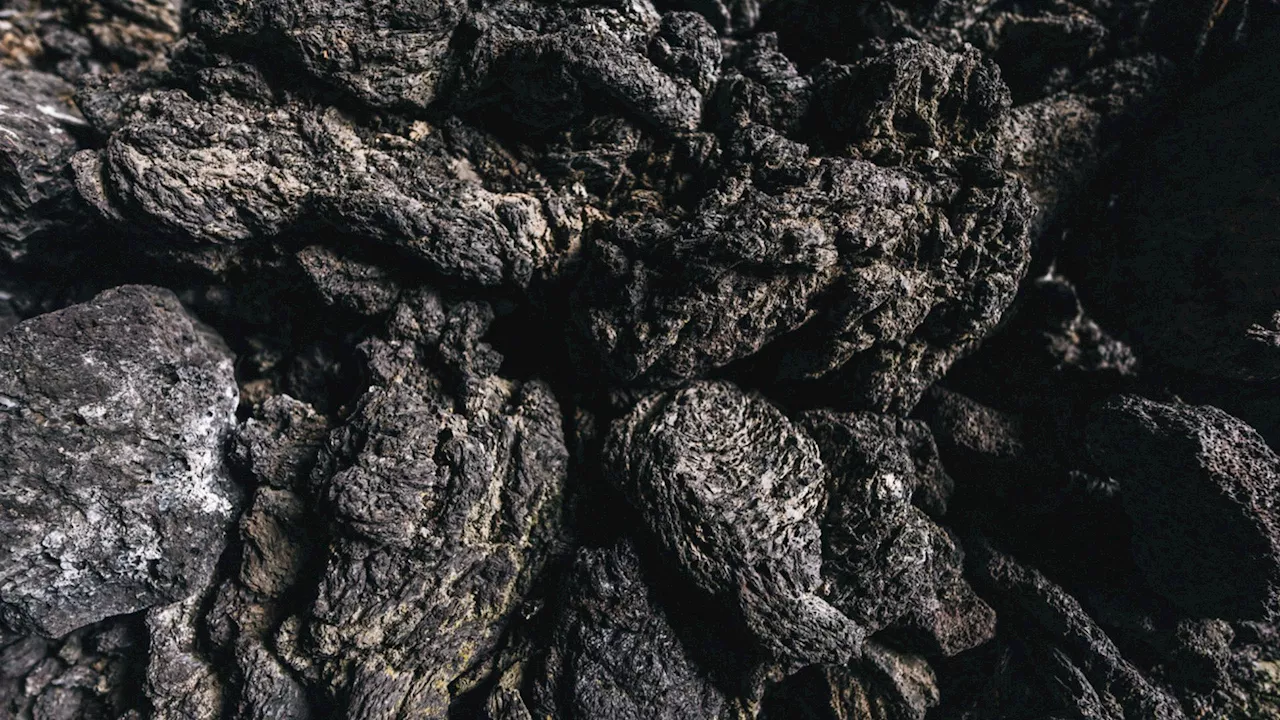Although infectious disease experts aren’t sounding the alarm yet, they’re analyzing virus data to understand mutations and the potential for mammal and human spread.
Now that Canada has confirmed its first human case of highly pathogenic avian influenza linked to H5N1, virologists and infectious disease experts are urging caution around surveillance, infection control, and the potential for spread among mammals and humans.
“HPAI is one of those diseases that scientists, public health specialists, animal health specialists, and physicians have been watching closely for 20 years due to its epidemic and pandemic potential, including impacts to agriculture, food security, and financial security,” Isaac Bogoch, MD, associate professor of medicine at the University of Toronto and infectious disease specialist with the University Health Network, Toronto, Ontario, Canada, told“The last couple of years have been notable...
“The fact that we have a first human case in Canada is not at all surprising, given what is happening in the US and Europe, as well as what is happening in domestic bird flocks in British Columbia,” said Brian Ward, MD, professor of medicine at McGill University, researcher with McGill’s J.D. MacLean Centre for Tropical Diseases, and co-director of McGill’s Vaccine Study Centre, Montreal, Quebec, Canada.
“With cattle in the US, I think it’s highlighted what can happen if the initial response is not very aggressive. There could have been a lot more proactive response to H5N1 in dairy cattle, but there are so many competing interests and unwillingness to take necessary steps that the virus continues to spread,” he said. “Hopefully we’ve learned from that. However, as is often the case, the science is sometimes the easy part. Getting people to take the required actions is the challenge.
United States Latest News, United States Headlines
Similar News:You can also read news stories similar to this one that we have collected from other news sources.
 Democrats keep expecting white women to save them, and they keep getting burnedDespite hopes they would vote against their Trump-loving husbands, a majority of white women went for the president-elect for the third straight election.
Democrats keep expecting white women to save them, and they keep getting burnedDespite hopes they would vote against their Trump-loving husbands, a majority of white women went for the president-elect for the third straight election.
Read more »
 The Great MotivatorsThey keep us activated. They keep us optimistic. They keep us engaged in arts and culture and sports and politics and fashion and beauty. Sometimes, they just keep us joyful—which is becoming a harder and harder trick to pull off these days. Meet our 2024 Voices.
The Great MotivatorsThey keep us activated. They keep us optimistic. They keep us engaged in arts and culture and sports and politics and fashion and beauty. Sometimes, they just keep us joyful—which is becoming a harder and harder trick to pull off these days. Meet our 2024 Voices.
Read more »
 Scientists Tap Lucid Dreaming as a Means to Conquer NightmaresNew research suggests that a combination of therapy and sound-induced lucid dreaming can help people with narcolepsy have fewer nightmares.
Scientists Tap Lucid Dreaming as a Means to Conquer NightmaresNew research suggests that a combination of therapy and sound-induced lucid dreaming can help people with narcolepsy have fewer nightmares.
Read more »
 Alzheimer's scientists say brain stimulating device could slow memory lossThe growing cost of elder care is putting an increasing burden on American families. NBC News' Christine Romans profiles one American family dealing with the financial and emotional burdens of Alzheimer's Disease.
Alzheimer's scientists say brain stimulating device could slow memory lossThe growing cost of elder care is putting an increasing burden on American families. NBC News' Christine Romans profiles one American family dealing with the financial and emotional burdens of Alzheimer's Disease.
Read more »
 Scientists Caught Sperm Defying One of The Laws of PhysicsThe Best in Science News and Amazing Breakthroughs
Scientists Caught Sperm Defying One of The Laws of PhysicsThe Best in Science News and Amazing Breakthroughs
Read more »
 Billion-year-old rocks could be hiding dark matter, scientists surpriseResearchers from Virginia Tech propose that ancient rocks may contain traces of dark matter through a method known as paleo-detection.
Billion-year-old rocks could be hiding dark matter, scientists surpriseResearchers from Virginia Tech propose that ancient rocks may contain traces of dark matter through a method known as paleo-detection.
Read more »
